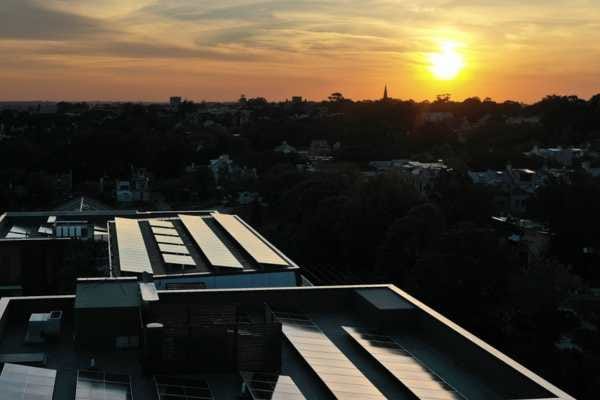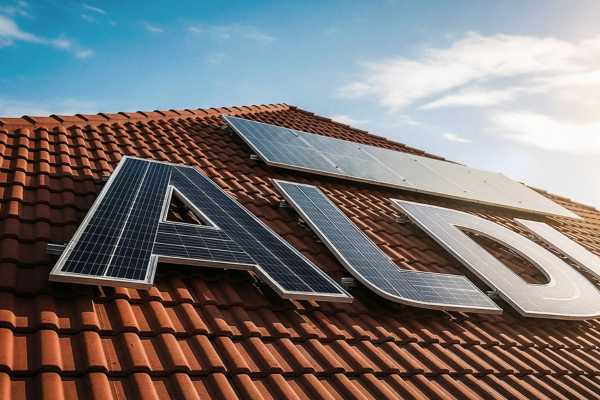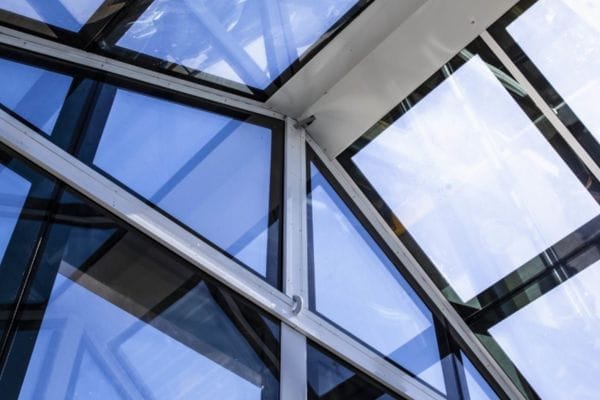Spreading the sunshine
Rooftop solar may be booming, but millions of Australians are being left in the shade. New delivery models aim to change that.

New solar delivery models aim to give renters and apartment dwellers a fairer share of the solar pie.
Rooftop solar now generates almost 13% of Australia’s electricity, according to new data from the Clean Energy Council. But despite record uptake, solar remains unevenly distributed, concentrated mostly in detached suburban and regional homes.
Renters and apartment dwellers make up around a third of the residential market, ABS figures show, yet for these groups, lower bills and the satisfaction of producing clean power have remained out of reach.
Grassroots advocates like Solar Citizens are pushing to make rooftop solar a universal utility. The group is launching its Raise the Roof campaign to double access to rooftop solar by 2035 by rolling out solar to rental properties and apartments and by boosting solar on factories, warehouses, and commercial spaces.
Powering equality
Startups are also eyeing this space with innovative new models promising change. One of the newest is SolarCloud, an Australian start-up which has launched an 'icloud-style' solar ownership platform.
The company, led by founder and CEO John Kennedy, turns commercial rooftops into a shared solar resource as an alternative to physical panels. “SolarCloud works in the same way as streaming services do,” Kennedy says, decoupling the right to benefit from solar energy from the need to own a rooftop.
He says the product is the result of years of clearing technical and regulatory hurdles and two years of pilot testing, and offers “solar without a roof” to renters, apartment residents and anyone unable to install panels.
“The idea was borne out of frustration with the solar industry. It shouldn't be this difficult – we have lots of sunlight, so how can we do this better?”
Using the platform, he says consumers can purchase virtual panels hosted on commercial buildings in different locations around the world. Based on their share of the generation, credits will appear directly on their energy bill, reducing their power costs. Customers can monitor their generation online and retain their solar benefits if they move or change electricity providers, according to the company.
The model also transforms underused commercial rooftop space into a distributed clean-energy network that’s “portable and inclusive,” Kennedy says, with no strata approvals, landlord permissions or installations required.
“The idea was borne out of frustration with the solar industry,” Kennedy told The Zero Planet. "It shouldn’t be this difficult – we have lots of sunlight, so how can we do this better?”
Sharing the spoils
Melbourne-based Allume Energy also has apartment dwellers in mind with its SolShare technology, which lets residents share one rooftop solar installation.
Instead of powering only common areas, SolShare divides generation fairly among households. Supported by solar incentive schemes in Victoria, NSW and the ACT, Allume says it expects to connect more than 10,000 apartments across Australia, the UK and the US by year’s end.
“Allume is growing at 10% per month,” CEO Cameron Knox said after recently closing a $10.4 million investment round led by energy company EON UK.
“Our capital injection… will enable us to further accelerate growth and expand our product offerings and markets.”
Lending a hand
Researchers at UTS, meanwhile, have proposed a complementary “Use It or Lend It” scheme, where homeowners who haven’t installed solar could lend their roofs to the government for publicly owned panels.
Co-authors Associate Professor Song Shi, David Robinson, and Dr Mustapha Bangura say millions of viable rooftops remain unused due to affordability pressures.
Under the scheme, owners would receive lease payments while retaining full home ownership and could buy back the solar system anytime. The power generated would be allocated to renters and low-income households through discounted tariffs or virtual networks.
“With careful design and drafting, a landowner lending their roof space to the government does not disadvantage them. Owners, renters, the government and the climate would all benefit,” the authors wrote.
Solar as a service
Meanwhile, Intellihub and Smart entered the subscription space earlier this year with their new brand Enreal to create another option for those households put off by the high upfront cost of rooftop.
The Enreal offering promises a predictable monthly fee for a complete solar kit – panels, battery, installation, monitoring and maintenance – with ownership transferred after 10 years.
The subscription is not a lease, but more like a mobile phone plan subscription, Intellihub GM Nicole Crivelli said at the launch.
Smart group executive Sid Jha said: "This offering means there are no huge cost barriers to entry for either the home electrification or the electric vehicle, and experts provide the installation."
Related stories











